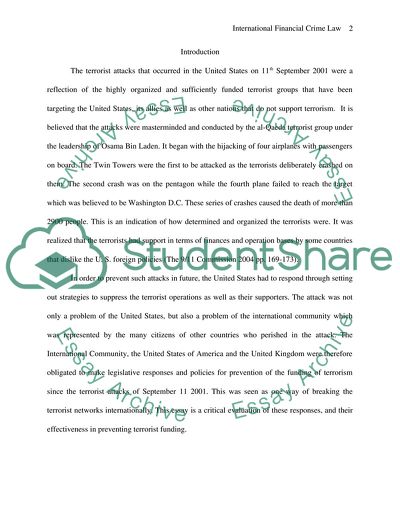Cite this document
(International Financial Crime Law Research Paper, n.d.)
International Financial Crime Law Research Paper. Retrieved from https://studentshare.org/law/1723243-international-financial-crime-law
International Financial Crime Law Research Paper. Retrieved from https://studentshare.org/law/1723243-international-financial-crime-law
(International Financial Crime Law Research Paper)
International Financial Crime Law Research Paper. https://studentshare.org/law/1723243-international-financial-crime-law.
International Financial Crime Law Research Paper. https://studentshare.org/law/1723243-international-financial-crime-law.
“International Financial Crime Law Research Paper”, n.d. https://studentshare.org/law/1723243-international-financial-crime-law.


